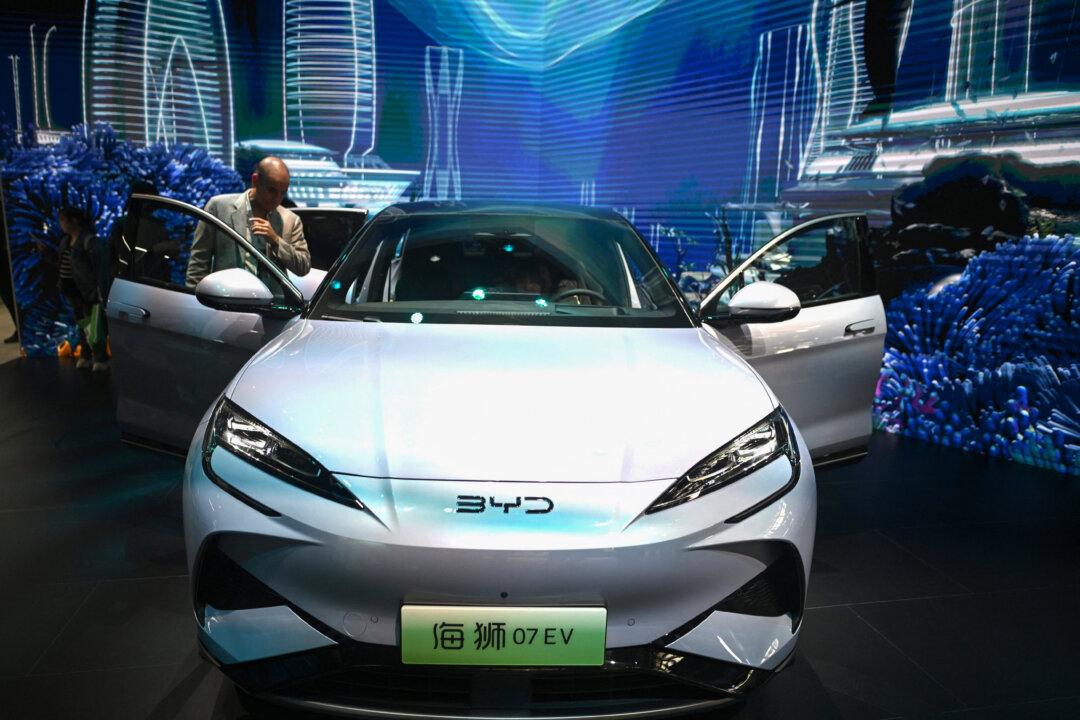Ottawa is cracking down on Chinese-made electric vehicle imports to Canada with the imposition of a 100 percent tariff as of Oct. 1, a move that will help level the EV pricing field for all producers, an industry representative says.
Prime Minister Justin Trudeau announced the new tariff on Aug. 26, saying it will address China’s “unfair advantage” in the EV sector. The tariff will apply to electric buses, cars, delivery vans, and certain hybrid vehicles. A 25 percent tariff will also be put on China-made imports of steel and aluminum products starting Oct. 15.





